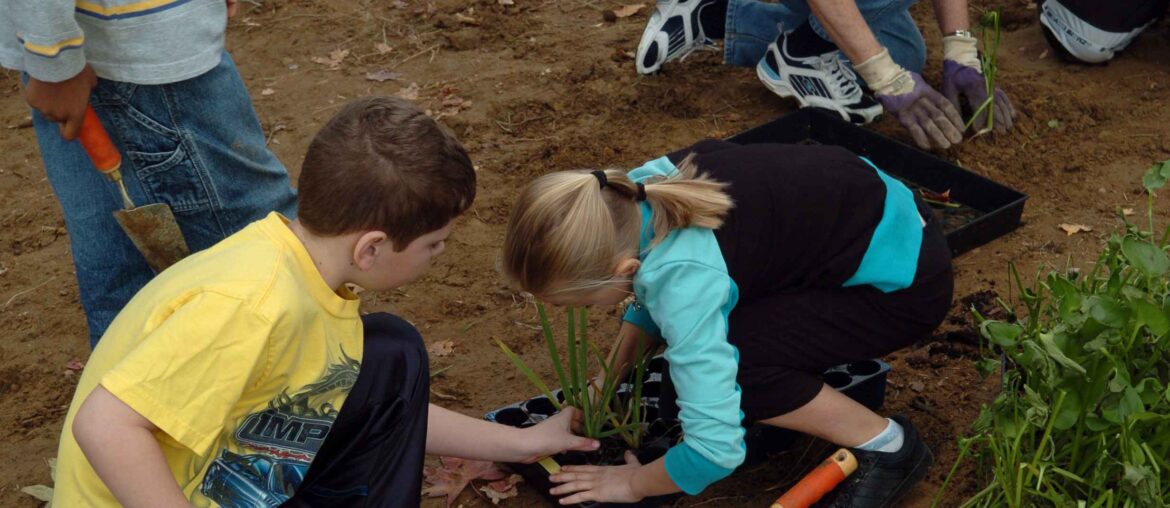See to it that you do not spoil and destroy My world; for if you do, there will be no one else to repair it’” Midrash Kohelet Rabbah, 1 on Ecclesiastes 7:13
Would you like to celebrate Tu B’Shevat in a meaningful way? Plant a tree—or two—or be part of the Trillion Tree Campaign. No matter how many you plant, you will be doing your part for the environment.
Although there are still doubters, climate change is a real threat to our future. According to the United Nations’ Intergovernmental Panel on Climate Change, the world has 11 years to take dramatic policy action and shift away from fossil fuels to avoid the worst effects of climate change. Reports like that keep me up at night.
In his 2019 book Falter: Has the Human Game Begun to Play Itself Out?, Bill McKibbon describes the present as a bleak moment in human history, and we’ll either confront that bleakness or watch the civilization our forebears built slip away. Okay, that information keeps me up at night AND gives me nightmares!
I can despair, or I can take action. As Jew, I am called to the social justice theology of Tikkun Olam, the perfecting or the repairing of the world. This principal keeps me strongly anchored to my religion. Full disclosure: When I attend services, I love the music and the flow of the prayers. Often, however, prayers that praise God are not as important to me as prayers that call me to action. And some holidays call us to action more than others. One such holiday is Tu B’Shevat.
For those of us who care deeply about the future of our planet, Tu Bishvat offers a Jewish connection to contemporary ecological issues. Modern Jews view the holiday as the opportunity to educate Jews about their tradition’s advocacy of responsible stewardship of God’s creation, manifested in ecological activism.
And one such way is to plant trees. Many American and European Jews observe Tu Bishvat by contributing money to the Jewish National Fund, an organization devoted to reforesting Israel. Founded in 1901 to buy and develop land in what was then the Ottoman Palestine, the JNF has planted over 240 million trees in Israel along with other environmental achievements including the building and development of dams, reservoirs, and parks.
More recently, planting trees has taken on a global focus. Inspired by Wangari Maathai, founder of the Green Belt Movement whose goal included organizing women in rural Kenya to plant trees, the Trillion Tree Campaign has already resulted in the planting of 13.6 billion trees in 193 countries.
According to a recent study released by Dr. Thomas Crowther and fellow scientists at ETH Zurich, a Swiss University, planting billions of trees across the world is one of the biggest and cheapest ways of taking CO2 out of the atmosphere to tackle the climate crisis. As trees grow, they absorb and store the carbon dioxide emissions that are driving global heating. New research estimates that a worldwide planting program could remove two-thirds of all the emissions from human activities that remain in the atmosphere today.
According to Crowther, the impact of planting billions of trees across the world is “mind-blowing.” One of the biggest and cheapest ways of taking CO2 out of the atmosphere to tackle the climate crisis. Best of all, it is “available now, it is the cheapest one possible and every one of us can get involved.”
I am not naive enough to believe that my making contributions to JNF or other agencies committed to reforestation will single-handedly solve the climate crisis. I will do my best to further reduce my carbon footprint by driving a hybrid car, bundling errands that require driving to use the least amount of fuel, and using energy-efficient appliances and light bulbs. I will continue to recycle despite changes in recent policies in many areas that limit what we can put in our bins. (I still feel guilty every time I throw plastic and glass containers in the garbage!) I will continue to read, study, write and advocate for the environment. And I will vote for politicians who share my concerns for our planet.
“It’s the little things citizens do. That’s what will make the difference,” stated Wangari Maathai, who won the Nobel Peace Prize in 2004 for her environmental efforts. “My little thing is planting trees.” If we can choose to do our own “little thing,” we may be able to keep our planet healthy. After all, as expressed in a popular meme, “There Is No Planet B. “
Sources:
- https://www.jnf.org
- https://replantamazon.com
- https://www.theguardian.com/environment/2019/jul/04/planting-billions-trees-best-tackle-climate-crisis-scientists-canopy-emissions
- https://www.weforum.org/agenda/2020/01/one-trillion-trees-world-economic-forum-launches-plan-to-help-nature-and-the-climate/)
- https://www.1t.org


Comments are closed.